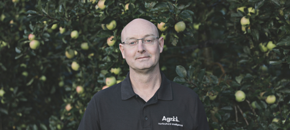New, Blogs & Case Studies
With so much research and product development going on at Agrii, we’ve always got news to share. To see our latest news and appearances in the media, scroll through the stories below. With so much research and product development going on at Agrii, we’ve always got news to share. To see our latest news and appearances in the media, scroll through the stories below.



